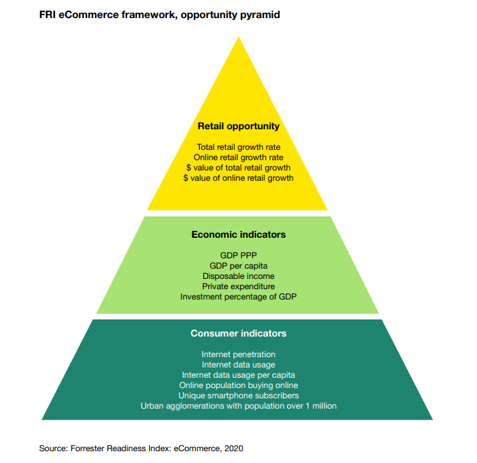
Dive Brief:
-
Seventy-eight percent of marketers say they want to work with microinfluencers that have between 5,000 and 100,000 followers, according to a report by influencer marketing firm Linqia.
-
Forty percent of marketers are running more than six influencer marketing campaigns, and 98% of them said transparency was an important part of influencer marketing. The primary concern for marketers, at 46%, was determining the return on investment of marketing efforts.
-
The report also found 57% of marketers plan to increase their influencer budgets this year. Ninty-seven percent of respondents plan to use Instagram, but only 16% of marketers plan on using TikTok this year. Per the report, TikTok has exceeded one billion installs, and 75% of the platform’s users are under 35.
Dive Insight:
Marketers’ investment in influencer outreach makes sense, especially when it comes to younger shoppers. A Kantar report found that 44% of Gen Z consumers have bought goods based on a recommendation by a social influencer, compared to 26% of consumers overall. The report also found that 70% of Gen Z consumers follow at least one influencer on platforms like YouTube or Instagram.
Marketers have been throwing their marketing budget behind influencers for some time, and a 2019 report from Morning Consult found that 86% of Gen Z and millennials said they would share sponsored content online in exchange for payment.
What’s behind the desire to work with users of smaller followings? Linqia suggests it has to do with better results. The report indicated that microinfluencer engagement rates were typically nearly 3%, more than what’s common for brands’ own content. Fifty-seven percent of marketers said influencer content consistently outperforms branded content, per Linqia’s findings.
“As brands increase their influencer marketing budgets, it’s clear that the industry is advancing into its growth and optimization phase,” Nader Alizadeh, CEO and co-founder of Linqia, said in a statement. “Marketers are moving away from celebrity influencers and toward authentic micro-and macro-influencers to create quality content on proven channels like Instagram, while also experimenting on newer platforms, like TikTok.”

